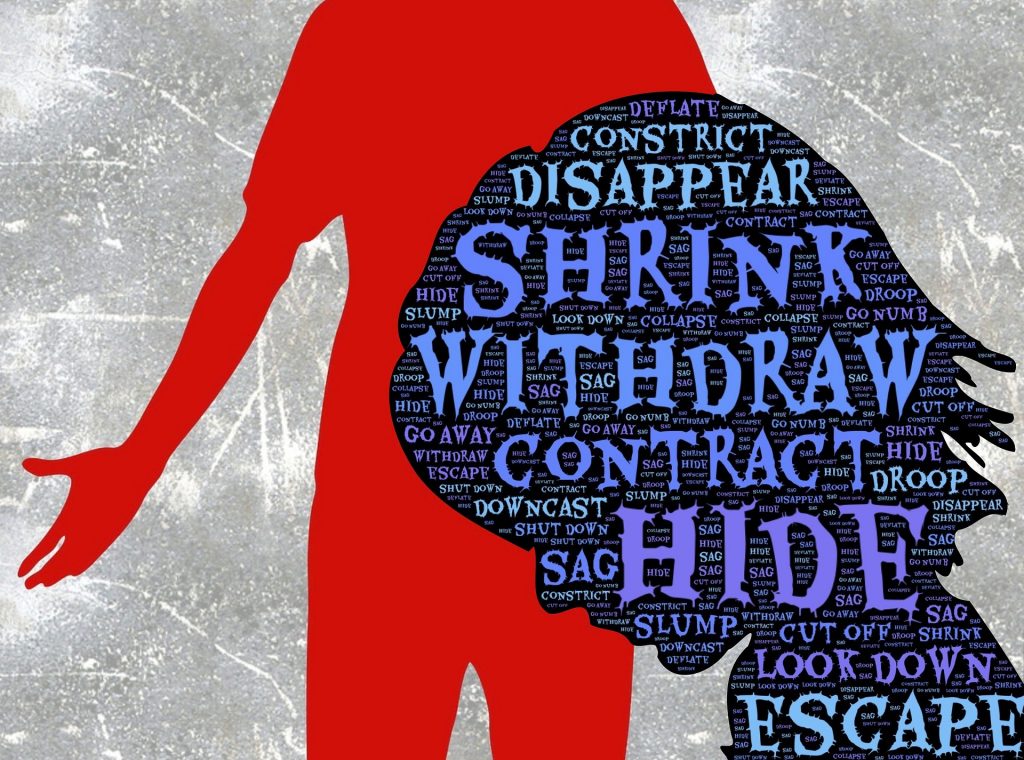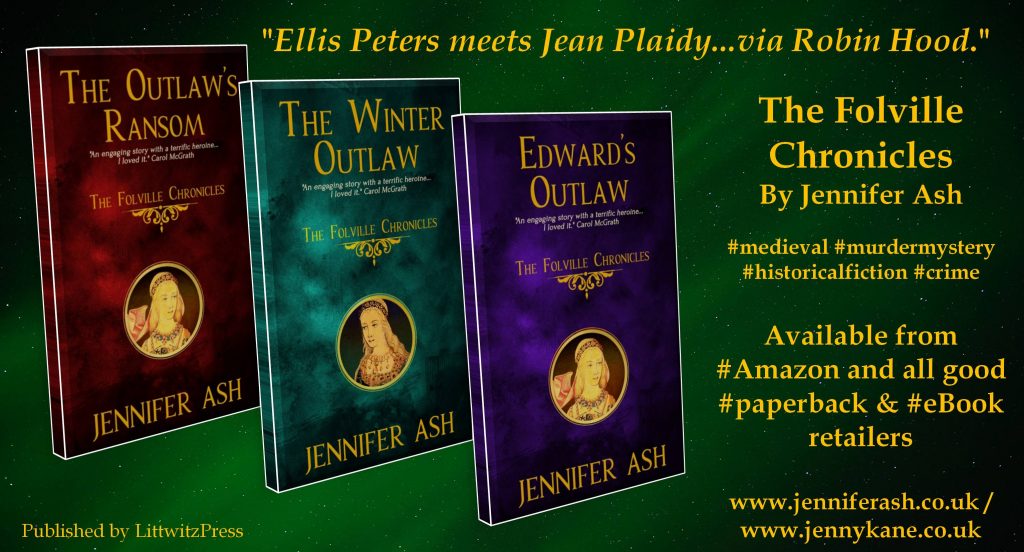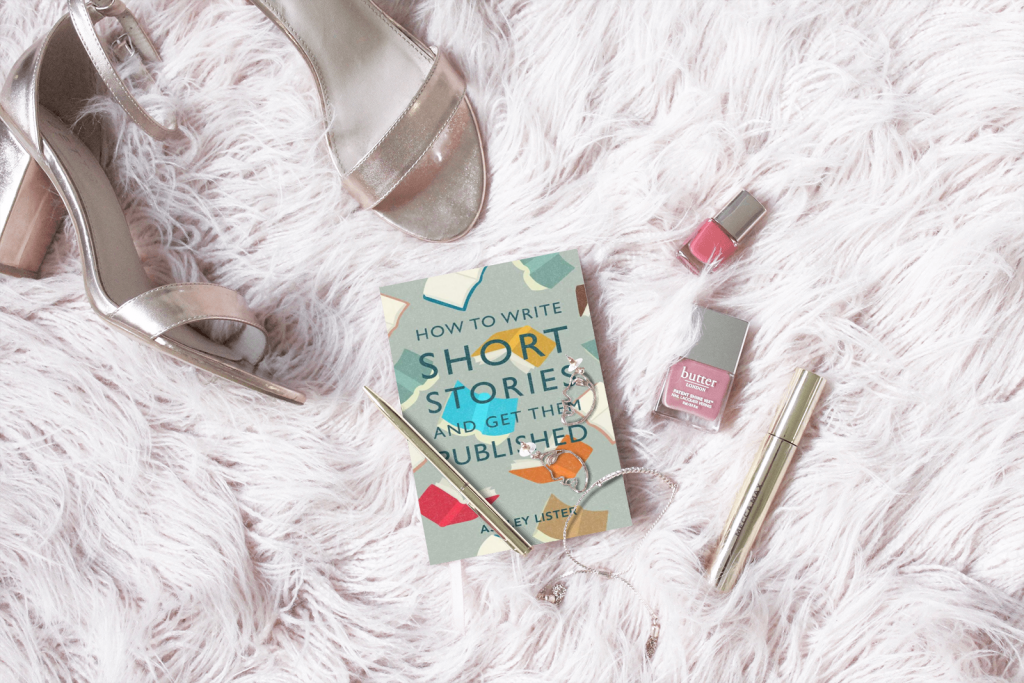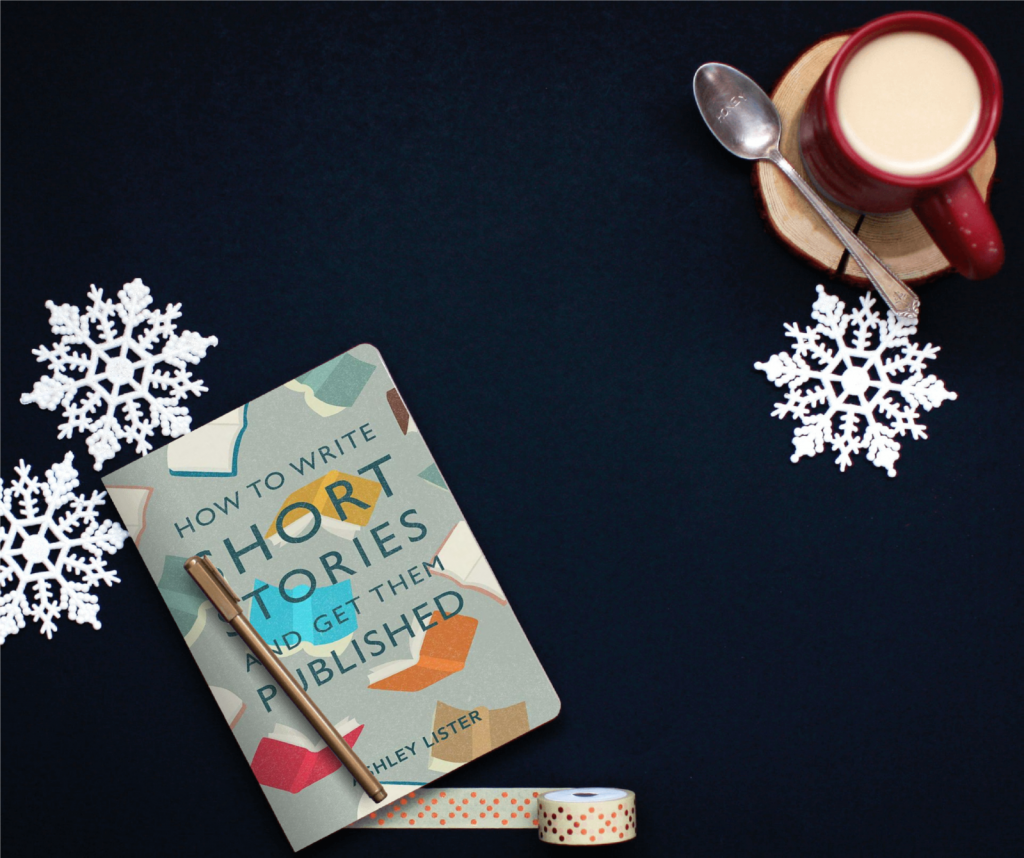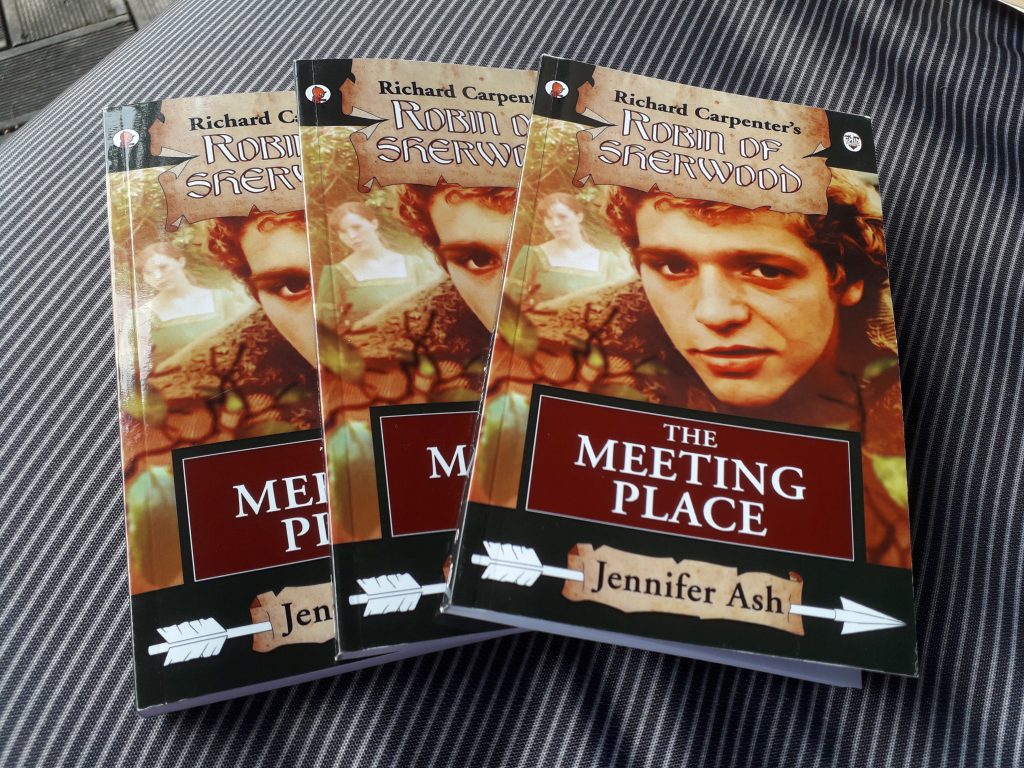It is with the greatest of pleasure that I bring you this week’s Opening Lines from Morwenna Blackwood.
Not only is this Morwenna’s debut novel – but it is also a novel written during my very first set of #novelinayear workshops. To say I’m proud of the work Morwenna has produced is an understatement.
So, put your feet up with a cuppa, and take a look at The (D)evolution of Us.
Over to you Morwenna…

Once upon a time, I heard about a writing workshop run by best-selling author, Jenny Kane. It was held in my local café, and as ’twas a dark and stormy day and I’d just been given a pen in the shape of a cactus, I thought I’d go. I loved it, and at the end, Jenny mentioned that she was thinking of running a Novel in a Year course as part of Imagine Creative Writing. I signed up there and then (with my new pen). Over the year, I wrote The (D)Evolution of Us, and with the support of Jenny, my local writers’ group and my brilliant husband, I submitted my manuscript to darkstroke, it was released on Star Wars Day, and we all lived happily ever after…?
***
I spent most of my childhood and teenage years hiding in libraries; now, I carry my own personal one around in my pocket wherever I go. This doesn’t mean I don’t still stop and lose track of time in bookshops and bookstalls, though. In fact, this morning, on my lockdown-permitted-exercise walk, some lovely person had left a storage container full of books at the end of their front garden, with a note on it inviting passers-by to pick one, or leave one for others who might be in need of a random lockdown read. I couldn’t help myself – I paused for a look.
The thing I love most about reading second-hand books is finding bits of other stories inside them: forgotten bookmarks; ticket stubs; Biro-ed dedications; and best of all, notes scrawled in the margins. In the books I own, I am a margin-scrawler. My husband says this is defacing someone else’s work, but to me, it’s adding to it. Stories are inextricably linked, and in any case, what one reader gets from a book will be different to the next, and that’s the beauty of it. Perception is everything.
The (D)Evolution of Us is an exploration – or explanation – of those ideas. The novel is a noir existential thriller, set in a small Devon town at the turn of the 21st century, and is told from the view points of the three protagonists, Richard, Kayleigh and Catherine. The girls are best friends. Catherine is dead.
Mental illness, personal history, personality and perception drive the actions of all three as they struggle to make sense of their lives and their agency; whilst living in a town where everyone appears to know everything about everyone else, and the days roll away in a work-pub-work-pub cycle.
This is my debut novel, and its origins lie in my own existential dread. In the end, I decided to wholeheartedly pursue the only thing I’ve ever wanted to do – write – and if there’s ever a starting point to anything, the story of Richard, Kayleigh and Catherine is it for me.
If you come into possession of the paperback, feel free to write in the margins.
***
Blurb
… the water was red and translucent, like when you rinse a paint brush in a jam jar. The deeper into the water, the darker the red got. No, the thicker it got. It wasn’t water, it was human. It was Cath.
Cath is dead, but why and how isn’t clear cut to her best friend, Kayleigh. As Kayleigh searches for answers, she is drawn deeper into Cath’s hidden world. The (D)Evolution of Us questions where a story really begins, and whether the world in our heads is more real than reality.
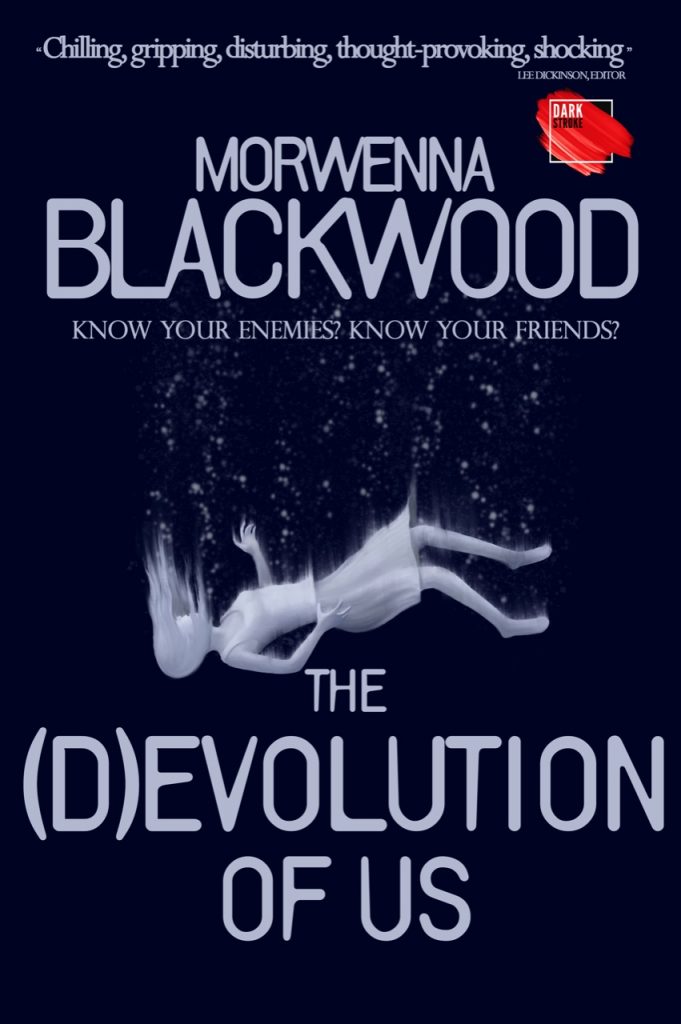
First 500 words
Prologue
PRIVATE AND CONFIDENTIAL
Dear Dr Farefield,
I reviewed Catherine at The Meadows today. She reported that her OCD was less ‘loud’ than when we last met in November, after the Crisis Team was called. This improvement has coincided with the resuming of clomipramine, which seems likely to have been helpful, as it has been in the past. Catherine agreed to the suggestion that this dose be increased to 200mg: 100mg morning and evening.
Catherine is coping well with life and states that her relationship with Richard is good. However she refuses to tell him about restarting the clomipramine, which is of concern to me. She has also resumed her writing. I again offered Catherine a course of CBT, but she was resolute that she found it ‘useless’.
Catherine has now found employment in a health food shop but struggles with her OCD when closing down the tills and locking up at the end of the day, though she admits that she recognises that her rituals are entirely irrational.
Overall, in spite of her very significant persisting difficulties, I think that Catherine’s life has improved with the reintroduction of clomipramine.
Yours sinc,
Dr E Whittle
Consultant Psychiatrist
PRIVATE AND CONFIDENTIAL
Dear Dr Farefield,
I met with Kayleigh at The Meadows this morning, where she revealed to me that she is in the first trimester of pregnancy. She had requested the appointment (we were not due to meet again for another six weeks), in order, primarily, to discuss her medication, with regards to her new condition.
I found the fact that she did this encouraging, as I did her general demeanour. She was casually, but neatly, dressed, maintained good eye-contact throughout our interview, and appeared to have a good understanding of her mental health, and how it could impact on her (unborn) child.
We decided together that it would be prudent for Kayleigh to remain taking her lithium for the duration of her pregnancy, with close monitoring from her midwife and the Perinatal Team.
In spite of Kayleigh’s reports of having been ‘stable’ for the last few months, I have suggested that we meet at The Meadows every six weeks for the foreseeable future. I have also asked her to make an appointment for bloods to check her lithium levels as soon as possible – it is critical that she maintains a therapeutic dose.
Yours sinc,
Dr E Whittle
Consultant Psychiatrist
Richard
I’m half-listening to the radio, running a bath for my girlfriend, Cath. She’s sitting on the toilet seat, staring at me. I’m standing in the doorway, staring at her. Then I start to laugh. They’re playing that song by Marillion – Kayleigh – the one her hippy twat of a best mate likes to say she was named for, even though she’s too bloody old. I say she’s a hippy twat – I’d still shag her. She needs a good seeing to – and a good slap. She dots her ‘i’s with hearts, for fuck’s sake! And then the phone rings. Bloody witches. I…
You can buy The (D)evolution of Us from all good retailers, including…
mybook.to/devolution

Bio – When Morwenna Blackwood was six years old, she got told off for filling a school exercise book with an endless story when she should have been listening to the teacher/eating her tea/colouring with her friends. The story was about a frog. It never did end; and Morwenna never looked back.
Born and raised in Devon, Morwenna suffered from severe OCD and depression, and spent her childhood and teens in libraries. She travelled about for a decade before returning to Devon. She now has an MA in Creative Writing from the University of Exeter, and lives with her husband, son and three cats in a cottage that Bilbo Baggins would be proud of. When she is not writing, she works for an animal rescue charity, or can be found down by the sea.
She often thinks about that frog.
Amazon Author Central: amazon.com/author/morwennablackwood
FB Page: https://www.facebook.com/morwennablackwood
Twitter: @MorwennaBlackw1
Instagram: morwennablackwood_
***
Many thanks Morwenna- wishing you huge success.
Happy reading Jenny
PS- She really did turn up with a cactus pen xx





